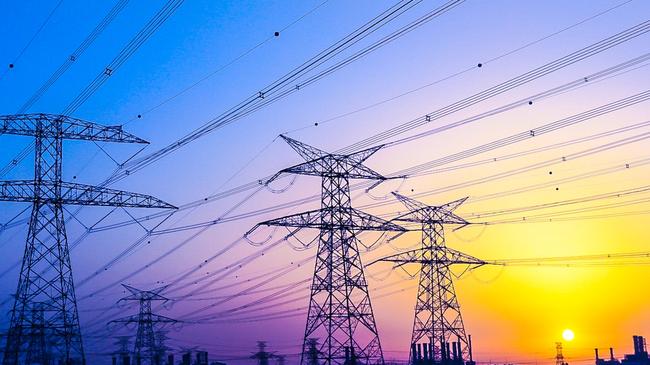Power players push for certainty
Australia’s largest electricity utilities face mixed prospects under the re-elected Coalition government amid ongoing uncertainty.

Australia’s largest electricity utilities face mixed prospects under the re-elected Coalition government amid predictions of ongoing regulatory uncertainty and volatile wholesale power prices.
Policies floated in the past year include the “big stick” bill, which threatened divestment powers to tackle energy market manipulation, the introduction of mandatory default market offers that kick in on July 1 and a controversial plan to underwrite new sources of generation into the market.
The big three generator retailers — AGL Energy, Origin Energy and EnergyAustralia — may still lack sufficient certainty to proceed with looming investment decisions, JPMorgan said.
“We believe this surprising election result will be negative for utilities’ stock sentiment,” JPMorgan analyst Mark Busuttil said.
“An extension of policy uncertainty could hamper investment in new generation, which would extend higher and more volatile wholesale prices.”
The big three “gentailers” have endured a rocky relationship with the government, which threatened a raft of regulatory powers to cut prices and bring new sources of power into the market to combat their control of about 60 per cent of capacity in NSW, Victoria and South Australia.
EnergyAustralia had already warned that the government’s plan to underwrite generation may jeopardise its $1 billion project pipeline this year by adding a new layer of interventionist risk to the industry, while Origin said it wanted the right settings to be able to invest in pumped hydro and gas projects.
The government’s current energy policy threatens to increase pressure on the utilities’ retail margins and could mean any significant investment outside of fast-response generation stalls, the broker said.
“The federal government’s position on energy is also noticeable for its lack of a clear environmental component and/or lack of a stand-alone environmental policy,” Mr Busuttil said.
“The government has supported the national energy guarantee, but without the emissions component, choosing only to implement the retail reliability obligation.
“We believe the lack of policy clarity will be a significant disincentive for further investment in the sector.”
Juggling volatile wholesale power prices with the government’s expectations of lower annual tariffs due in July may also add to the uncertain environment.
Electricity prices in NSW and Victoria soared to their highest level on record in the first quarter of 2019, with the jump blamed on high coal and gas tariffs and searing summer temperatures that cut output from hydro generators.
AGL, which has warned of earnings “headwinds” in the next financial year, said it planned to focus on cutting power prices.
Morgan Stanley also warned of investor uncertainty following the election result and expects a pause in the pipeline of new generation projects within the national electricity market.
Origin gained 1 per cent to close at $7.97, while AGL shed 0.7 per cent at $22.30.

